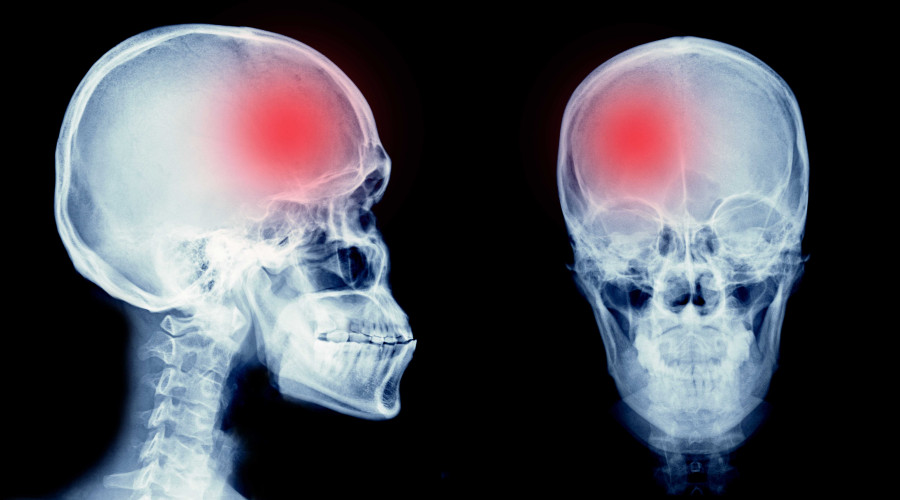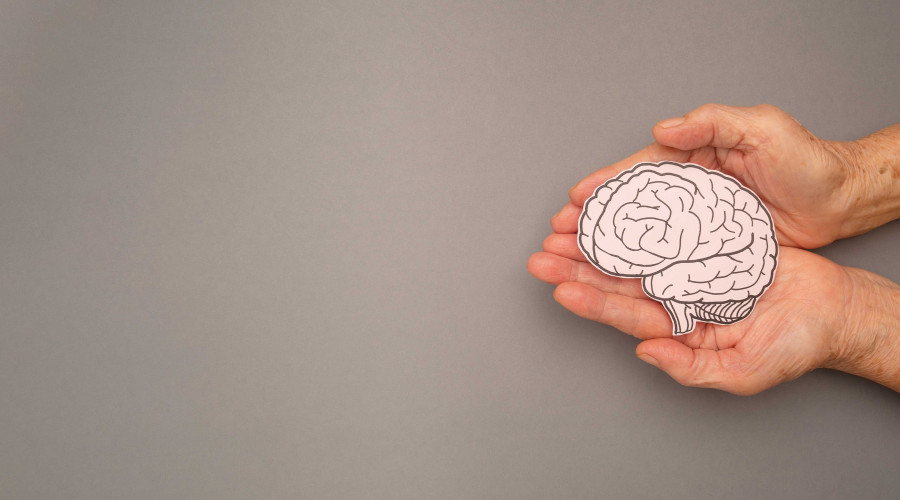Summary
The serious traumatic brain injury (sTBI) project is one of three areas of focus within the quality improvement workstream of the major trauma collaboration between the National Trauma Network (the Network) and Te Tāhā Hauora Health Quality & Safety Commission (Te Tāhū Hauora), as funded by the Accident Compensation Corporation (ACC).
The overarching aims of the sTBI project are to:
- develop national consistency in the acute management of patients with isolated or complex sTBI to reduce mortality and secondary injury morbidity regardless of geographic location of injury
- ensure that all major trauma patients at risk of TBI are screened early and that those who need it receive the rehabilitation required for optimal recovery.
Click here for a comprehensive summary of the project.
Project lead
Dr David Knight is an intensive care specialist from Christchurch. He completed his ICU training in 2006 with an extended clinical and research period at one of the largest trauma hospitals in the UK. During his specialist career, he has developed an interest in neurocritical care, education and development of robust multispecialty collaboration. He has a passion for sustainable improvement and ensuring that our critical care systems can deliver when faced with even the greatest challenges. He is relishing the opportunity to work on a national collaborative to identify and deliver tangible benefits to patients with brain injury throughout Aotearoa New Zealand.
If you have any questions, please contact project lead David Knight at: help@majortrauma.nz.
Acute workstream summary
Six neuroscience centres serve the population of Aotearoa New Zealand:
- Auckland City Hospital and Starship Children’s Hospital (Te Whatu Ora Health New Zealand Te Toka Tumai Auckland)
- Waikato Hospital (Te Whatu Ora Health New Zealand Waikato)
- Wellington Hospital (Te Whatu Ora Health New Zealand Capital, Coast and Hutt Valley)
- Christchurch Hospital (Te Whatu Ora Health New Zealand Waitaha Canterbury)
- Dunedin Hospital (Te Whatu Ora Health New Zealand Southern).
Evidence demonstrates that optimal recovery after sTBI requires a multidisciplinary approach. Although many aspects of sTBI care can be delivered in non-neuroscience regional intensive care units (ICUs), most regional hospitals cannot provide the breadth and depth of expertise offered by the multidisciplinary specialist services, including allied health and nursing care. The acute workstream aims to increase equity of access to neuroscience centres for people with a TBI.
The presence of a TBI can be a significant factor that affects long-term outcomes for people after serious injury. Scoping work identified that, in Aotearoa New Zealand, assessment and identification of TBI in patients with major trauma was inconsistent. It is well understood that the duration of post-traumatic amnesia (PTA), as measured by a validated tool, is an important predictor of functional return and overall recovery. The sTBI rehabilitation collaborative is working with project teams from across the country to improve the rates and accuracy of PTA screening for major trauma patients to ensure that all patients with a TBI receive appropriate and timely rehabilitation.
Acute workstream summary
Six neuroscience centres serve the population of Aotearoa New Zealand:
- Auckland City Hospital and Starship Children’s Hospital (Te Whatu Ora Health New Zealand Te Toka Tumai Auckland)
- Waikato Hospital (Te Whatu Ora Health New Zealand Waikato)
- Wellington Hospital (Te Whatu Ora Health New Zealand Capital, Coast and Hutt Valley)
- Christchurch Hospital (Te Whatu Ora Health New Zealand Waitaha Canterbury)
- Dunedin Hospital (Te Whatu Ora Health New Zealand Southern).
Evidence demonstrates that optimal recovery after sTBI requires a multidisciplinary approach. Although many aspects of sTBI care can be delivered in non-neuroscience regional intensive care units (ICUs), most regional hospitals cannot provide the breadth and depth of expertise offered by the multidisciplinary specialist services, including allied health and nursing care. The acute workstream aims to increase equity of access to neuroscience centres for people with a TBI.
Click here for more information.
Rehabilitation workstream summary
The presence of a TBI can be a significant factor that affects long-term outcomes for people after serious injury. Scoping work identified that, in Aotearoa New Zealand, assessment and identification of TBI in patients with major trauma was inconsistent. It is well understood that the duration of post-traumatic amnesia (PTA), as measured by a validated tool, is an important predictor of functional return and overall recovery. The sTBI rehabilitation collaborative is working with project teams from across the country to improve the rates and accuracy of PTA screening for major trauma patients to ensure that all patients with a TBI receive appropriate and timely rehabilitation.


